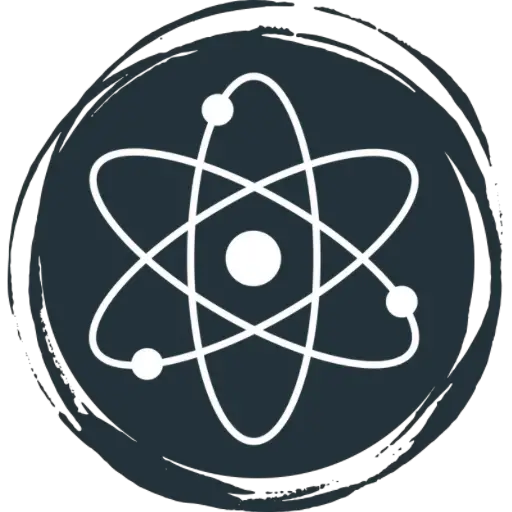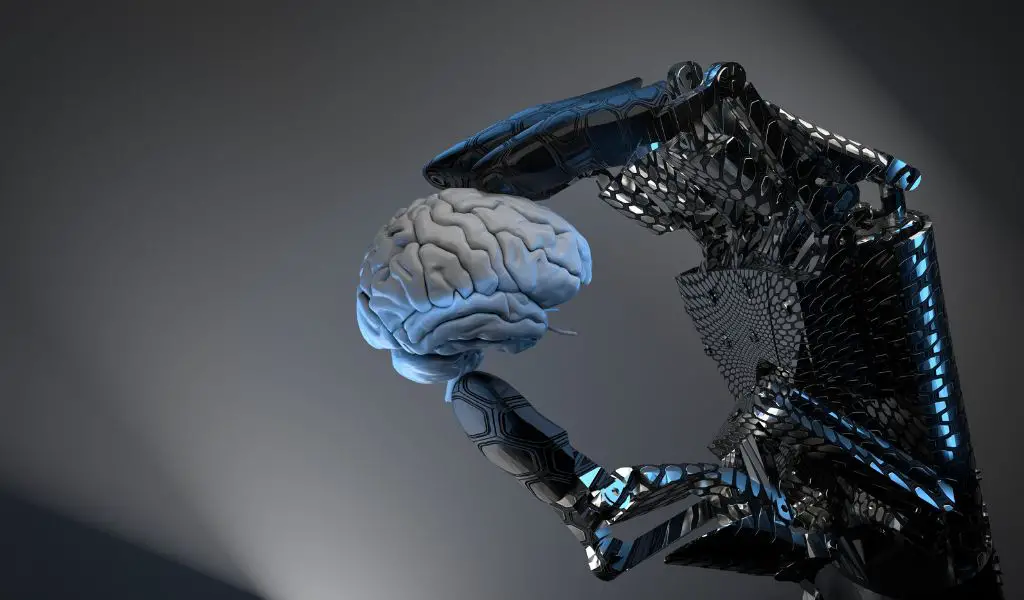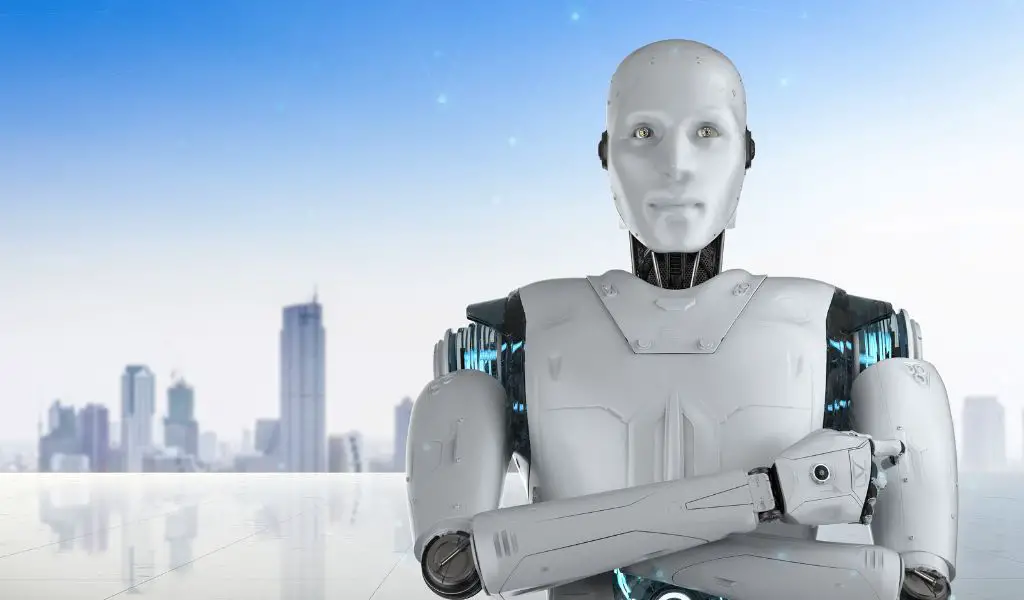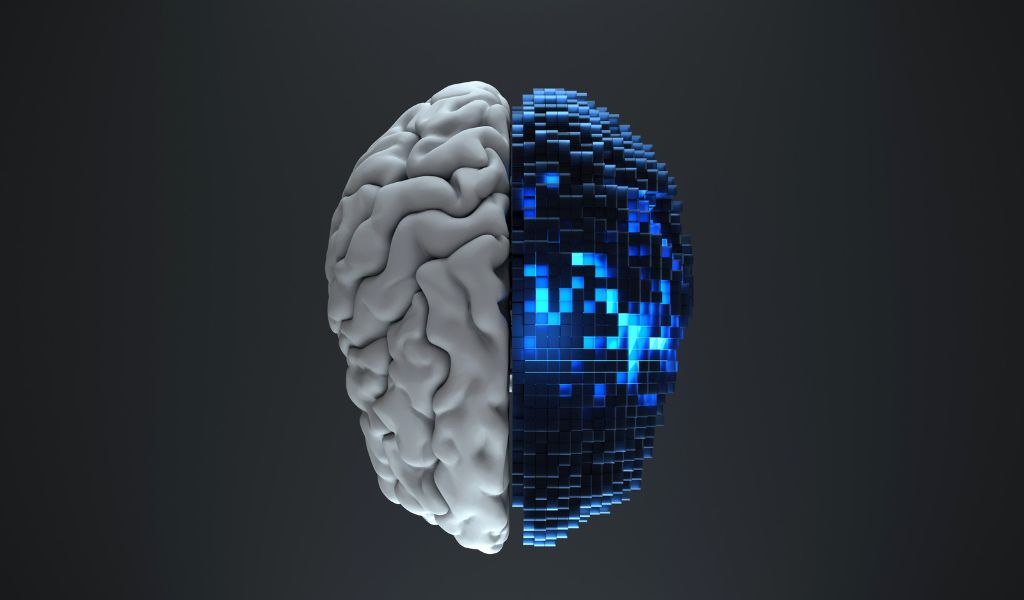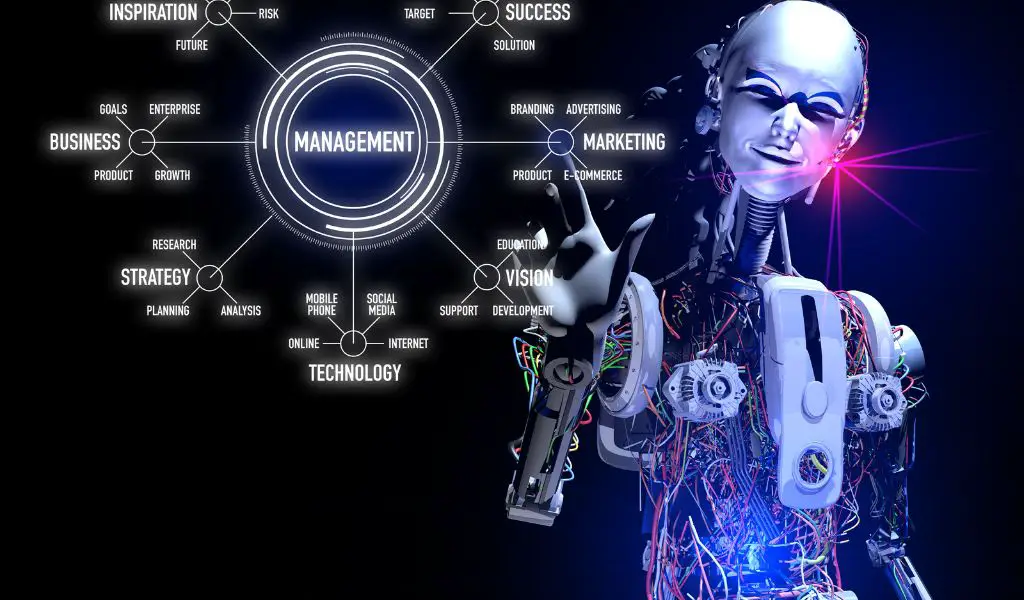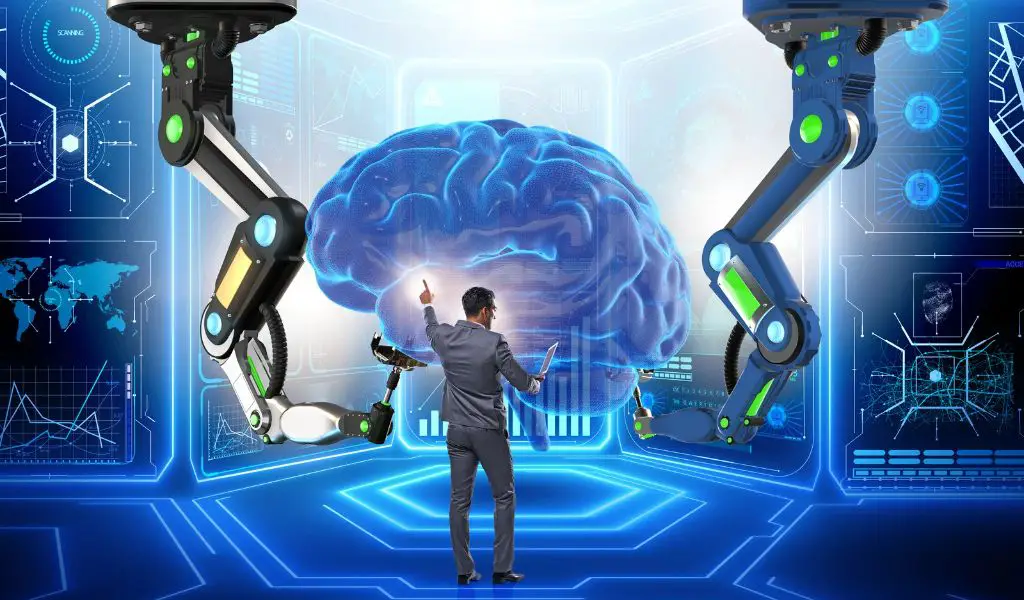It is unlikely that true AI will turn against humanity as a result of inherently malicious intent. However, AI systems can cause harm if they are not designed, developed, and managed responsibly. This is why it’s important for AI practitioners to ensure that AI systems are aligned with human values and ethical principles, and to continuously monitor and assess their behavior to ensure they are functioning as intended. The future of AI will depend on the choices and actions of those who develop and use it, and it’s up to us to ensure that it is used for the betterment of humanity.
Will AI become an existential threat to humans
It is difficult to predict the future with certainty, but the likelihood of AI becoming an existential threat to humanity depends on several factors.
If AI systems are not designed, developed, and managed responsibly, there is a risk that they could cause harm or make decisions that have unintended consequences. However, it is also possible for AI to be developed and used in ways that benefit humanity and do not pose a threat to our existence. The key to avoiding negative outcomes is to ensure that AI is aligned with human values and ethical principles, and that those who develop and use AI take responsibility for its impact.
It is also important to recognize that the term “AI” encompasses a wide range of technologies, and the level of risk associated with each type of AI can vary greatly. Some forms of AI are less advanced and pose little risk, while others, such as highly autonomous systems, have the potential to cause significant harm if they malfunction or are used maliciously.
The future of AI and its impact on humanity will depend on the choices and actions of those who develop and use it, and it’s up to us to ensure that it serves our best interests.
How A.I. will overcome humans?
It’s not accurate to say that AI will necessarily “overcome” humans, as this implies a competition or conflict between humans and AI. AI and humans have complementary strengths and weaknesses, and the goal should be to find ways to use AI to augment human capabilities and improve our lives.
That being said, AI has the potential to surpass human performance in certain tasks, such as computation, data analysis, and pattern recognition. For example, AI can analyze large amounts of data much faster and more accurately than humans can, and it can detect patterns and make predictions that humans might miss. This can lead to significant improvements in various industries, such as healthcare, finance, and transportation.
However, it’s important to note that AI is not a panacea and it has limitations. For example, AI systems lack common sense and the ability to understand context and intention, and they can struggle with tasks that require creativity, empathy, and ethical judgment. Additionally, AI systems can make decisions that are biased or unfair if they are trained on biased data or if they are not designed to be transparent and accountable.
How will artificial intelligence change the future
Artificial Intelligence (AI) has the potential to greatly impact many aspects of our future, both positively and negatively. Some of the ways AI is expected to change the future include:
-
Automation:
AI is already being used to automate a wide range of tasks, from data processing to customer service, and this trend is expected to continue. Automation will likely lead to significant efficiency gains in many industries, but it may also result in job displacement.
-
Improved Decision-Making:
AI can analyze large amounts of data and provide insights that would be difficult for humans to uncover. This has the potential to greatly improve decision-making in various domains, including healthcare, finance, and transportation.
-
Personalized Experience:
AI can be used to provide highly personalized experiences, such as personalized recommendations and tailored advertising.
-
Advancements in Healthcare:
AI has the potential to revolutionize healthcare by improving the accuracy of diagnoses, identifying potential outbreaks more quickly, and helping to develop new treatments.
-
Increased efficiency:
AI can help companies and organizations operate more efficiently, making processes faster and reducing waste.
However, AI also poses challenges and risks that must be carefully managed. For example, AI systems could perpetuate or amplify existing biases and ethical concerns, and the widespread use of AI could lead to job displacement and economic inequality.
To ensure that the future impact of AI is positive, it is important to prioritize responsible development and deployment, and to proactively address the social and ethical implications of these technologies.
